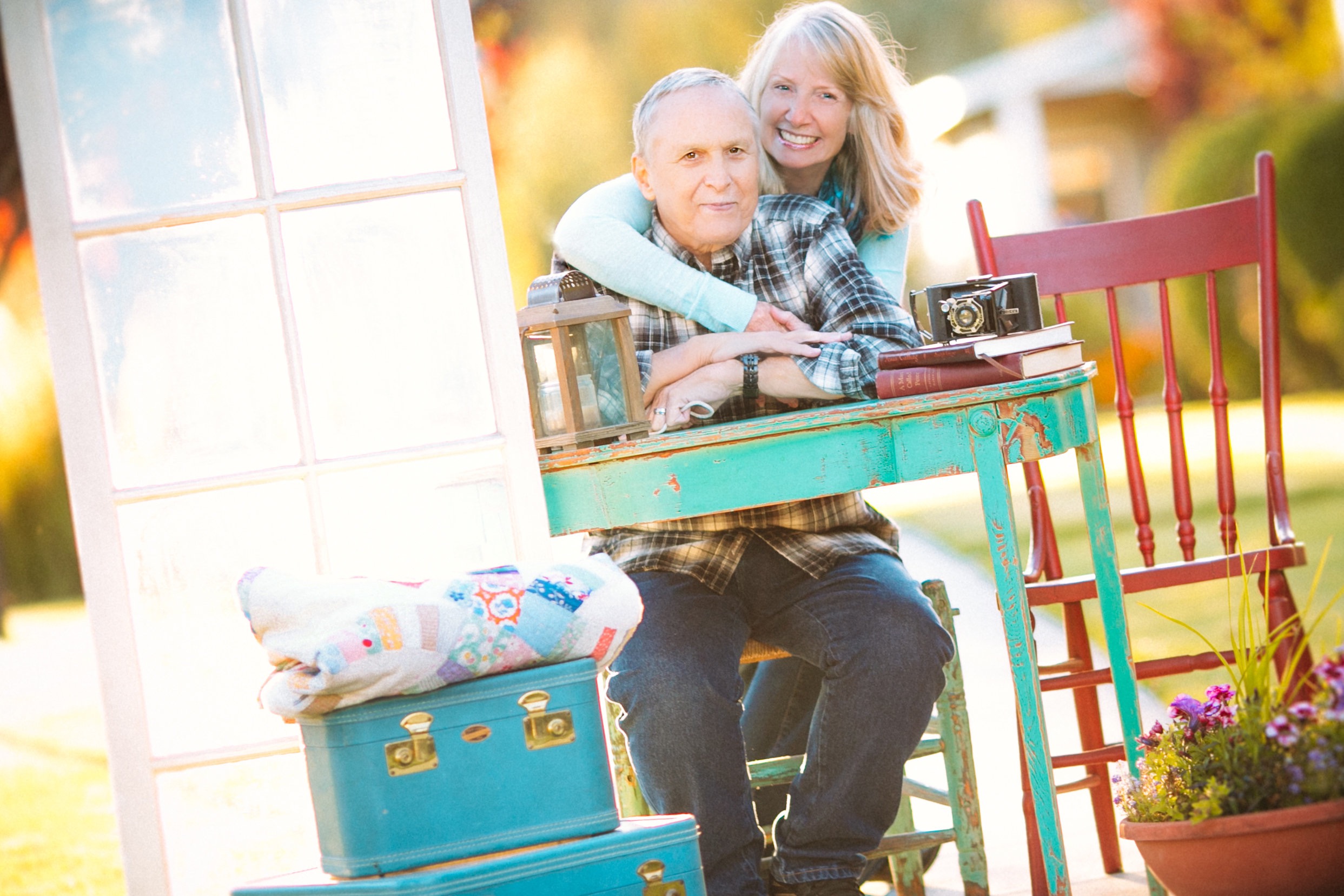Early conversations and dying well
I had the conversation with my spouse.
While my husband, Gary, was in the hospital with a third kidney infection as a result of nephrostomy tubes that bypassed the large cancerous mass in his bladder, a very kind palliative care physician stopped by his room. He engaged us both in conversation about our kids and grandkids, about Gary’s career. And in between he asked the questions: What’s most important to you? What do you worry about the most? I knew what Gary wanted in terms of end-of-life care—no heroic measures to keep him alive—but it took a load off my shoulders as the caregiver when this personable doctor asked the right questions in a conversational manner, made note of my husband’s answers and then collected his signature.
Home from the hospital, Gary announced, “We’re going to spend the whole day teaching you how to survive.” How to pay bills online; how to use my cell phone GPS; how to make a mobile check deposit. He had a sense that his life was drawing to a close although he wasn’t morbid about it. We discussed topics we’d semi-avoided to date—I suspect the conversation with the palliative care doc was partly responsible for this: his concern for me after he died, my fear of being left behind, how I would fend for myself financially. “You’re going to need to look for a rich husband,” he said.
Later, after one of Gary’s nephrostomy tubes falls out, he was admitted to Hospice House where his urologist stopped in to discuss the feasibility of replacing the clogged tube. “The risk outweighs any benefits,” he said after assessing the patient. The plan was to keep the one working nephrostomy tube aerated every four hours around the clock. “After it quits working, renal failure will occur,” the medical professionals said. “And renal failure is a painless way to die.” As hard as it was to hear, I appreciated their directness.
After talking over the options with the urologist and hospice doctor, Gary seemed to perk up. Hints of teasing. The familiar twinkle in his eye. “How are you doing emotionally?” he wanted to know. He’d never asked that question before. It was almost as if—now that there had been forthright conversations around pain management and the goal of a peaceful death—he could put all that aside and appreciate the time he had left with the people he loved.
As it turned out, my husband, who was given two years with a late stage diagnosis, lived ten good years. He died as well as he lived. And the early conversations were an important part of the process.

